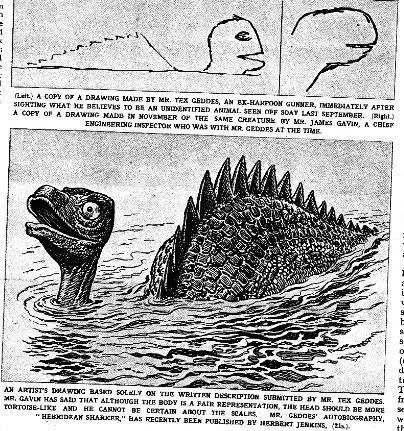It may or may not be a coincidence that Alexander Payne’s new film, “Nebraska,” shares its name with Bruce Springsteen’s austere album from 1982. Nebraska is a roomy state, and Mr. Payne, born and raised in Omaha, has set three of his previous features at least partly in it (“Citizen Ruth,” “Election” and “About Schmidt”). But to my ear, at least, a specific Springsteenian echo announces itself early and deepens as this movie winds from Billings, Mont., across the Badlands and toward Lincoln, stopping for a while in the tiny and fictitious hamlet of Hawthorne. Beyond the folky intonations of the fiddle-and-guitar waltz (by Mark Orton) that accompanies the opening images (shot by Phedon Papamichael) and beyond the bleak beauty of the images themselves, there is something in the movie that brings to mind the haunting last line of the album’s title track: “Sir I guess there’s just a meanness in this world.”
In the song, that cruelty is offered, from death row, as a shrugging excuse for murder. The only consequential violence in Mr. Payne’s “Nebraska,” based on a script by Rob Nelson, is a punch in the face that has been well earned by the recipient. (Lately Mr. Payne seems to allow himself one or two such righteous blows per movie: Think of George Clooney clocking Matthew Lillard in “The Descendants” and Sandra Oh busting Thomas Haden Church’s nose with a motorcycle helmet in “Sideways.”) This is a comedy, with plenty of acutely funny lines, a handful of sharp sight gags and a few minutes of pure, perfect madcap. But a grim, unmistakable shadow falls across its wintry landscape. The world it depicts, a small-town America that is fading, aging and on the verge of giving up, is blighted by envy, suspicion and a general failure of good will. Hard times are part of the picture, and so are hard people.
One of those might be the man behind the camera. The easy (and almost by definition hypocritical) knock against Mr. Payne is that he is just another coastal snob poking fun at the good folks in the heartland, but the emotions that drive “Nebraska” are much more complicated than condescension. There is palpable nostalgia here, and real affection for the plain speech and democratic manners of the rural Midwest. There is also a strong current of anger, directed through the characters and at them, though it almost never rises to the surface. If it did, the Great Plains, which once sat at the bottom of a prehistoric ocean, might be flooded with tears of melodramatic rage. So much betrayal, so much disappointment, so much wasted potential and thwarted love.
Almost none of which is directly expressed on screen. If Woody Grant (Bruce Dern), an elderly Hawthorne native long exiled to Billings, feels any resentment or homesickness, he isn’t about to say so. A taciturn grouch with a lifelong commitment to drinking and an often-stated desire to be left alone, Woody is first seen walking along a snow-fringed Montana highway, stooped and scowling in the wind. He wants to go to Lincoln, not to get in touch with his Cornhusker roots but because a company based there has sent him one of those sucker-bait sweepstakes letters implying that he may have won a million dollars.
“I didn’t know they still did that,” says Woody’s younger son, David (Will Forte), and neither he; his brother, Ross (Bob Odenkirk); nor their mother, Kate (June Squibb), knows quite what to make of Woody’s conviction that a fortune awaits him a few states away. And the audience might wonder, too. Is he really that deluded? Suffering from dementia? Just not very bright? Kate, as forthright as her husband is vague, might endorse the latter view: The first words we hear her say to Woody are: “You dumb cluck!” (The last, uttered with more tenderness, are “You big idiot.”
She and Ross, a replacement anchor on local television, with an unseen family and a tidy comb-over, think it’s time to put Woody in a nursing home. David, whose life seems a bit stalled, decides to indulge his dad. He calls in sick to his job selling stereo equipment and sets off in his Subaru, the deputy fool on a fool’s errand, a weary Sancho to the old man’s Quixote.





